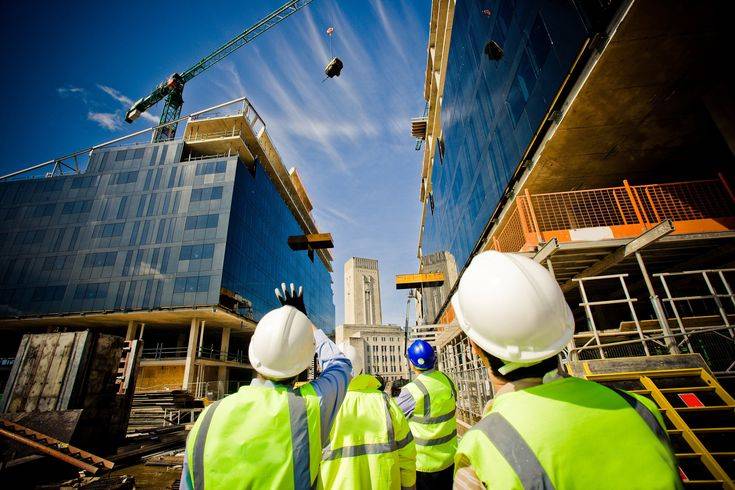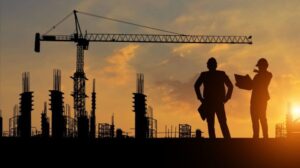In an industry where time, cost, and quality are paramount, Lean Construction has emerged as a transformative approach to project management. Inspired by Lean Manufacturing principles pioneered by Toyota, Lean Construction focuses on maximizing value while minimizing waste throughout the construction process. For professionals seeking to enhance productivity, reduce costs, and deliver projects more efficiently, Lean Construction offers a compelling framework for achieving these goals.
What is Lean Construction?
Lean Construction is a philosophy and methodology that applies the principles of Lean thinking to the construction industry. It emphasizes collaboration, efficiency, and continuous improvement, with the ultimate goal of delivering maximum value to the client while minimizing waste in all forms—time, materials, labor, and effort. By focusing on streamlining processes and improving workflows, Lean Construction seeks to create a more efficient and effective construction environment.
Key Principles of Lean Construction
- Value Creation
At the heart of Lean Construction is the concept of value. The methodology emphasizes understanding what the client truly values and aligning the entire construction process to deliver that value. This means focusing on the end product and ensuring that every step of the process contributes to creating value, rather than simply completing tasks. - Elimination of Waste
Lean Construction identifies seven types of waste—defects, overproduction, waiting, non-utilized talent, transportation, inventory, and motion—that can occur in construction projects. The goal is to systematically eliminate these wastes to improve efficiency and reduce costs. This involves optimizing workflows, reducing unnecessary steps, and ensuring that resources are used effectively. - Continuous Improvement (Kaizen)
Continuous improvement, or Kaizen, is a core principle of Lean Construction. It encourages teams to regularly assess their processes, identify areas for improvement, and implement changes that enhance efficiency and effectiveness. This iterative process fosters a culture of learning and innovation, where even small improvements can lead to significant gains over time. - Respect for People
Lean Construction recognizes that people are the most valuable resource in any construction project. It promotes a culture of respect, collaboration, and empowerment, where all team members are encouraged to contribute their ideas and expertise. By fostering a collaborative environment, Lean Construction helps to break down silos, improve communication, and ensure that everyone is working towards the same goals. - Integrated Project Delivery (IPD)
Integrated Project Delivery (IPD) is a key component of Lean Construction, emphasizing collaboration among all stakeholders from the outset of a project. IPD encourages early involvement of key parties—such as the owner, architect, contractor, and suppliers—to align objectives, share risks and rewards, and work together towards a common goal. This integrated approach helps to reduce conflicts, improve decision-making, and streamline the construction process.
Benefits of Lean Construction
- Improved Efficiency
By eliminating waste and optimizing processes, Lean Construction leads to more efficient use of time, materials, and labor. Projects are completed faster, with fewer delays and disruptions, ultimately saving both time and money. - Enhanced Quality
Lean Construction’s focus on value creation ensures that the final product meets or exceeds the client’s expectations. Continuous improvement efforts help to identify and address quality issues early, leading to better outcomes and higher client satisfaction. - Cost Savings
The reduction of waste and the efficient use of resources lead to significant cost savings. Lean Construction projects often come in under budget, as unnecessary expenses are minimized, and processes are streamlined. - Greater Collaboration
Lean Construction fosters a collaborative environment where all stakeholders work together towards a common goal. This integrated approach reduces conflicts, improves communication, and leads to better decision-making, resulting in smoother project execution. - Sustainability
By focusing on efficiency and waste reduction, Lean Construction contributes to more sustainable building practices. The methodology encourages the use of fewer resources, reduces material waste, and promotes energy-efficient processes, aligning with broader sustainability goals.
Why Lean Construction is the Future
As the construction industry faces increasing pressure to deliver projects faster, more cost-effectively, and with higher quality, Lean Construction offers a proven methodology for meeting these challenges. Its principles of efficiency, collaboration, and continuous improvement are well-suited to the demands of modern construction projects, where complexity and competition are ever-increasing.
Moreover, the emphasis on value creation and respect for people aligns with the growing focus on client satisfaction and workforce empowerment in the industry. By adopting Lean Construction, companies can not only improve their project outcomes but also build stronger, more resilient teams capable of thriving in a dynamic industry.
Conclusion
Lean Construction is more than just a set of tools or techniques—it’s a mindset that transforms the way construction projects are approached and executed. By embracing the principles of Lean thinking, construction professionals can achieve greater efficiency, higher quality, and more satisfied clients, all while reducing costs and waste. As the industry continues to evolve, Lean Construction stands out as a forward-thinking approach that is poised to shape the future of construction.





